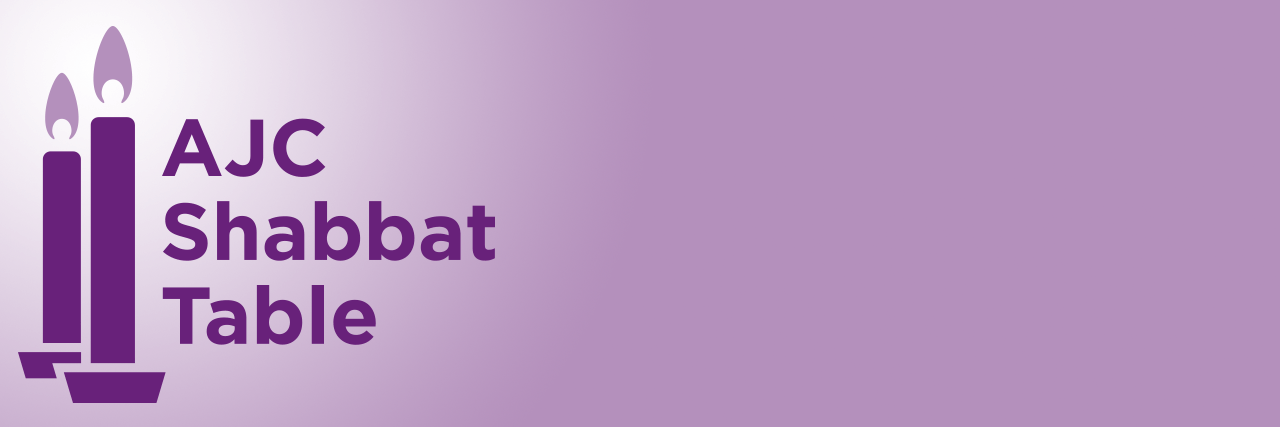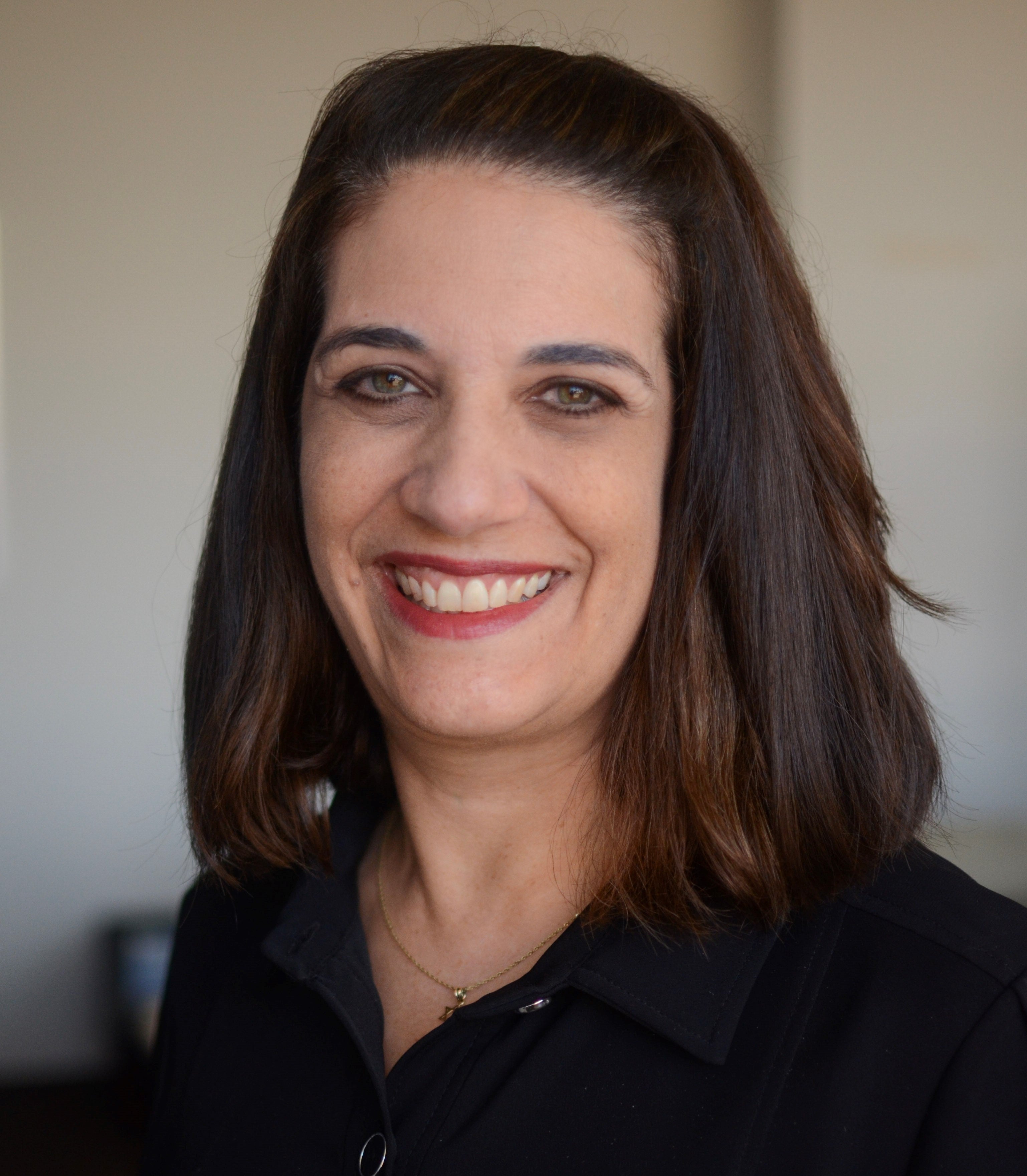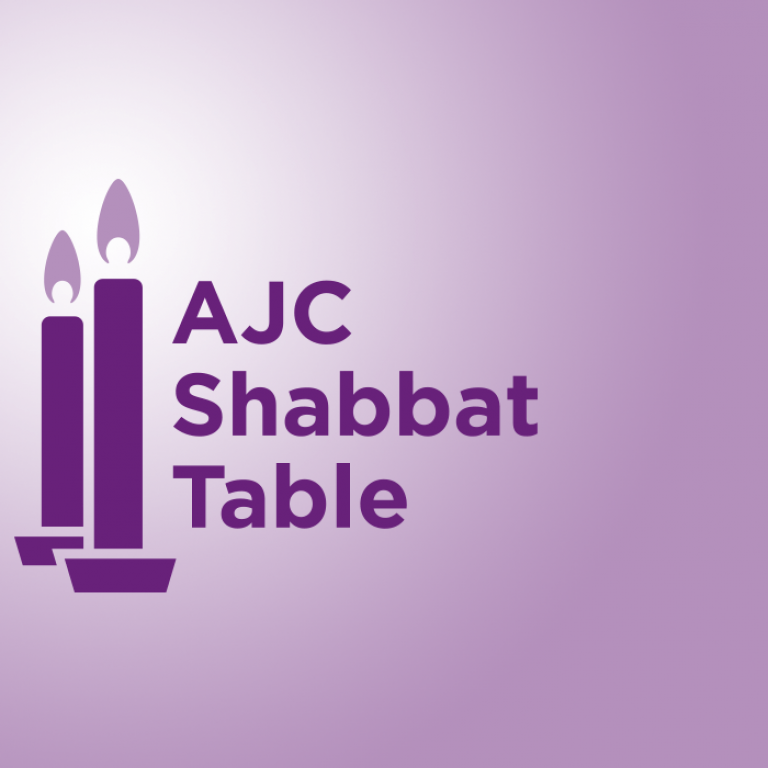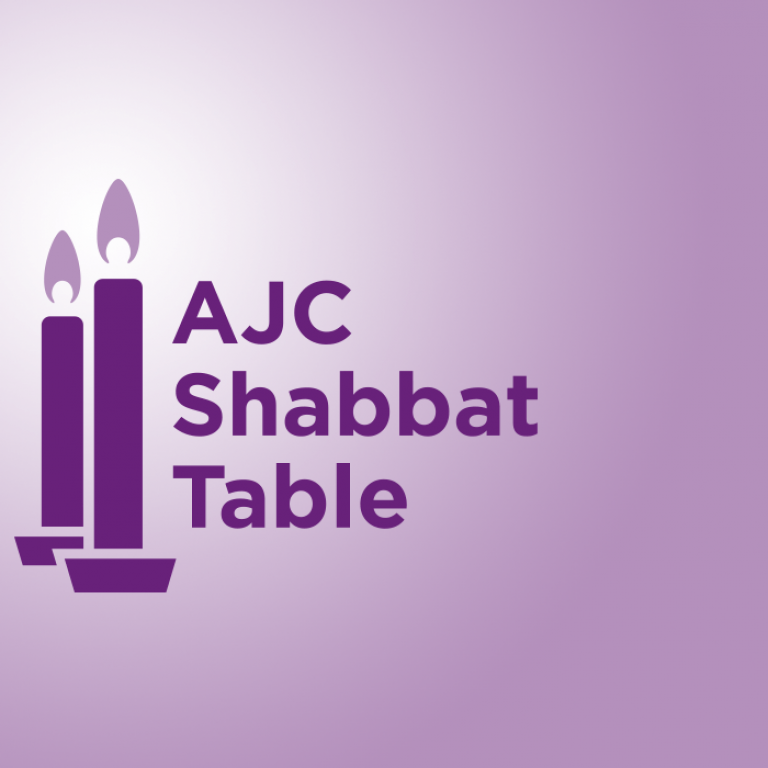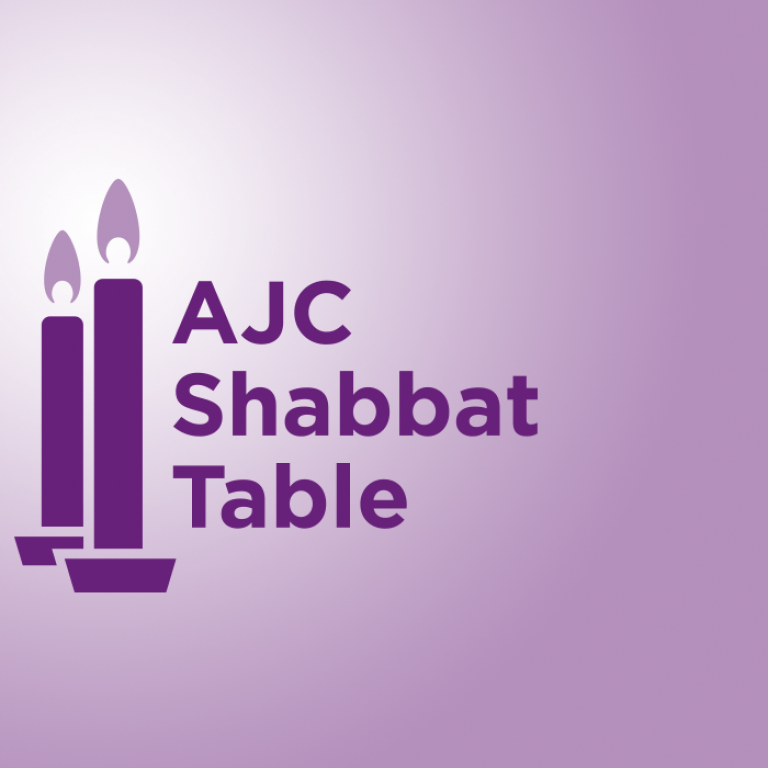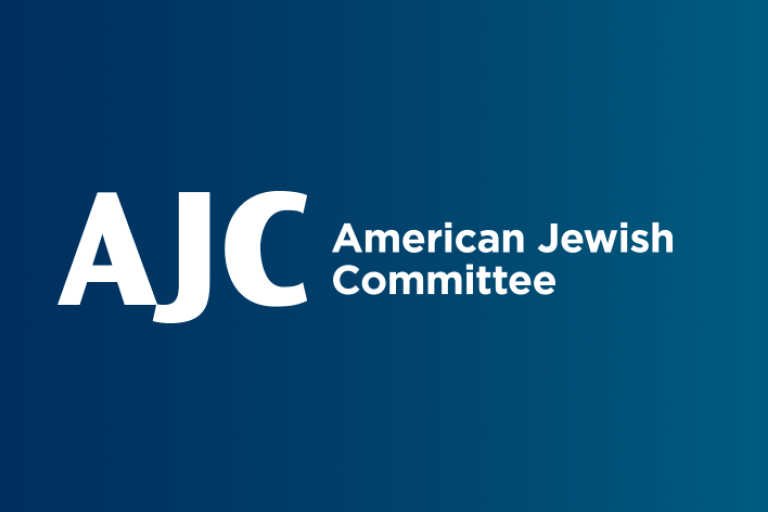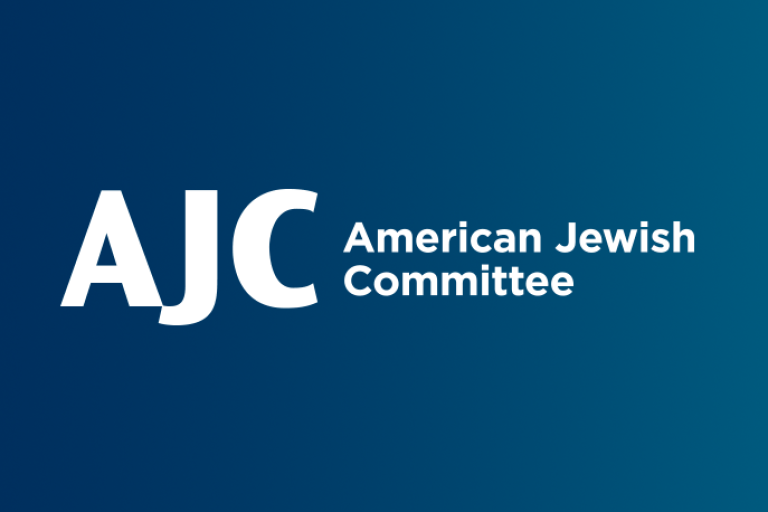November 6, 2020
Thank you for your feedback!
Thank you so much to our readers who took a few minutes to give us feedback on Shabbat Table! We’re so glad to hear that you are enjoying this newsletter, and we look forward to incorporating some of your wonderful suggestions and ideas in the future. If you haven’t already done so, you can still fill out the survey through Monday 11/9. Click here to fill it out. THANK YOU!
This Shabbat: Parshat Vayera
In this week’s parsha, we see Abraham emerge as a leader who is worthy of being the father of a nation. In one of the most stirring stories in the Bible, Abraham stands up in opposition to God’s plan to destroy the city of Sodom, demanding “Will you sweep away the innocent along with the guilty?” When God agrees to spare the city if fifty righteous people can be found there, Abraham does not rest on his laurels. He continues to push back, bargaining with God until he gets God to agree to spare the city if a mere ten righteous people can be found. In this moment, Abraham shows why he is different than any human being before him. Two weeks ago, we read the story of Noah who was tapped by God to help save humanity. The Torah tells us that Noah was a righteous man “in his generation,” which the rabbis explain to mean that when compared to the evil people he lived among, Noah was righteous, but in another generation, he might have been quite ordinary. Indeed, when God says He is going to destroy the earth, Noah does not push back; he simply follows God’s orders to build an ark. Abraham is made of different stuff. While he is certainly an obedient servant of God, he is also an active partner with God, unafraid to speak his mind when he disagrees about the justice of God’s plans. Indeed, one could call Abraham the first advocate! There is so much work that needs to be done in our nation and in our world. As we move forward in the aftermath of a bitter presidential election, let us draw upon the model of Abraham and redouble our efforts to advocate with passion for the Jewish people, Israel, and justice for all.
This Week in Jewish History
November 9-10, 1938 - Kristallnacht
On November 9, 1938, Nazis unleashed pogroms against Jewish communities throughout Germany and German-occupied territories of Austria and the Sudetenland. Over the next two days, Germans set fire to synagogues and Jewish businesses and homes, broke windows, ransacked stores, and terrorized and attacked tens of thousands of Jews. Lasting two full days, the pogroms resulted in the deaths of close to 100 Jews and the destruction of close to 300 synagogues, as well as 7,500 Jewish businesses and countless Jewish homes. The pogroms became known as Kristallnacht, the Night of Broken Glass, because of the shattered glass that filled the streets due to the havoc wrought by the Germans.
The aftermath of Kristallnacht brought more grim news for the Jews. The Nazi government pinned the blame for the attacks on the Jews themselves, claiming the attacks were just retribution for the November 7 assassination of German diplomat Ernst vom Rath in Paris by a sixteen-year-old Polish Jew named Herschel Grynszpan. As an additional act of retribution and collective punishment, Nazi officials rounded up thousands of Jewish men, sending them to concentration camps as political prisoners. On top of that, the German government imposed a fine of one billion Reichsmarks on the Jewish community for the damage that had been perpetrated on Jews’ own property, an amount equivalent to the staggering sum of $7.5 billion today. As if this was not enough to prevent Jews from rebuilding their lives, the German government also confiscated all insurance payouts that Jews received for destroyed businesses and homes, rendering it impossible for Jews to recoup their losses. Jews under Nazi rule were utterly devastated in every way by Kristallnacht.
Historians argue that Kristallnacht marked the beginning of the Holocaust. While the Nazi regime had already essentially cut Jews out of German society legally, economically, and socially by 1938, Kristallnacht was the first time the regime engaged in organized physical violence against the Jews. In the following years, the Nazi regime would go on to perpetrate genocide against the Jews of Europe, murdering six million of them and destroying the centuries-old European Jewish civilization. For more on Kristallnacht, including photographs and oral history testimony from Jews who survived it, we encourage you to visit the online exhibit at the United States Holocaust Memorial Museum by clicking here.
November 10, 1975 - UN Passes Resolution 3379, Declaring Zionism to be Racism
In one of the most shameful moments in its history, on November 10, 1975, the United Nations General Assembly voted 72 to 35 with 32 absentions to adopt Resolution 3379 which "determine[d] that Zionism is a form of racism and racial discrimination." Israeli Ambassador Chaim Herzog gave an impassioned speech at the UN right after the resolution was passed, in which he pointedly invoked the fact that it was the 37th anniversary of Kristallnacht. In his dramatic conclusion, Herzog declared, “For us, the Jewish people, this resolution, based on hatred, falsehood and arrogance, is devoid of any moral or legal value. For us, the Jewish people, this is no more than a piece of paper, and we shall treat it as such.” He then held up the paper with the resolution printed on it and forcefully tore it in two. You can watch Herzog’s majestic speech here.
In 1991, Israel made revocation of Resolution 3379 a precondition for participating in the Madrid Peace Conference, which planned to bring Arab nations, the Palestinians, and Israel to the table to negotiate a resolution to the Israeli-Arab conflict. Under pressure from American President George H. W. Bush, the UN General Assembly did in fact revoke the resolution by a vote of 111 to 25, with 13 abstentions.
On a personal note, I was a little second grader growing up in suburban New Jersey in November 1975. My parents decided to take me out of school the day after Resolution 3379 passed, so I could go with my father to New York City to join an organized protest against the resolution. (Read news coverage of the protest here.) I will never forget that day. There were over 100,000 people there! I had never seen so many people in one place in my life. I sat perched on my father’s strong shoulders, proudly holding up a sign I made, and protested my little heart out. That day had an enormous impact on me; indeed I believe it planted the seeds in me that helped me grow into a Jewish activist.
A Treasure from the AJC Archives
In a week that has been so fraught for our nation, we looked back into the AJC Archives to find some “comfort food” - and we found just the thing: a one-minute commercial created by AJC in the 1950s to combat prejudice and racism. The cartoon, titled Sweet and Sour, relays the message that each American, no matter his or her religion or race, contributes in his or her own special way to American society, just as each musician in a band is critical to making beautiful music. As the voiceover concludes at the end, “Whenever Americans team up, there’s harmony.” That’s a message we can all appreciate. You can watch “Sweet and Sour” by clicking here.
For Shabbat Table Discussion: Being a Good Citizen
As we “go to press,” there is no result yet in America’s presidential election. Perhaps a good way to soothe our anxious minds is to start thinking about the day after the results are final. What does it mean to be a good citizen in a highly polarized nation?
Questions for your Shabbat table:
- We typically talk about citizenship in the context of the rights it bequeaths to us. What are the responsibilities of citizenship?
- The 2020 election is poised to break a sixty-year record for voter turnout. As of today, officials are expecting that the turnout will have been over 65% of all eligible voters, which would exceed the 63% voter turnout set in 1960. What role does voting play in being a good citizen? Can you be a good citizen if you don’t vote?
- Regardless of the outcome, the results of this election confirm that our nation is very divided. What role can citizenship play in moving our country into a less polarized and less bitter place?
- How does being Jewish inform our citizenship in America? Are there Jewish texts and values that we consider as we think about our civic duties?
For more information about how to talk to your family and friends about citizenship:
- Listen to Shabbat Table Talk in this week’s People of the Pod, where you will hear AJC’s Manya Brachear Pashman, Seffi Kogen, and myself, Laura Shaw Frank, discussing this very question.
- Read this powerful piece by Dr. Erica Brown titled “Post Election Prayers”
- Watch AJC’s Advocacy Anywhere program entitled "Decision 2020: Analyzing the Impact for the Jewish World" which addresses the aftermath of the election for the Jewish world.
- Check out this video series on Judaism, citizenship, and democracy by the Shalom Hartman Institute.
Shabbat shalom!
שבת שלום!
